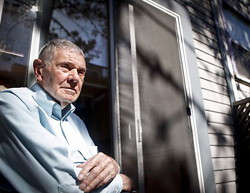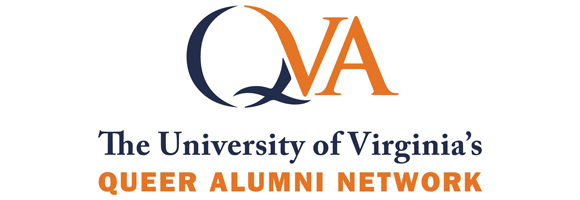 Original article written by Sam Whiting of the SFGate
Original article written by Sam Whiting of the SFGate
Saturday, April 28, 2012
The first suicide hotline in the United States consisted of one man with one phone in one room in San Francisco.
The man was Bernard Mayes, and he’d placed cardboard ads on Muni buses: “Thinking of ending it all? Call Bruce, PR1-0450, San Francisco Suicide Prevention.” Then Mayes, working under a pseudonym, curled up on the one couch wondering whether the phone would ring.
It did ring once that first night. By the end of the week, there were 10 callers, and that phone hasn’t stopped ringing for 50 years now. The one line in a basement room is now five lines in a downtown high-rise. Two hundred calls a month have become 200 calls a day to (415) 781-0500, handled by 100 volunteers and 10 paid staff. They all undergo weeks of intensive training to do what Mayes himself learned to do on that first call, with no training whatsoever: listen.
“I did feel that what was really needed was a compassionate ear, someone to talk to,” recalls Mayes, 82, on a recent morning in his Bernal Heights row home. “It occurred to me that we had to have some kind of service which would offer unconditional listening, and that I would be this anonymous ear.”
This simple idea has been emulated in 500 cities in all 50 states. The 50th anniversary of San Francisco Suicide Prevention, or SFSP, will be celebrated in a May 1 gala at the St. Regis San Francisco. Former Mayor Willie Brown is the master of ceremonies, and the keynote speaker is Brian Copeland, on a night off from “The Waiting Period,” his acclaimed one-man show at the Marsh about buying a gun to do himself in.
There will be drama and dark comedy in their speeches, and even more if Mayes opens up in his own remarks, because there is way more to his story than a man with an ear.
He was also a man with a voice. Broadcasting from San Francisco, he was known across Great Britain for the radio reports he’d deliver in elegant English diction over BBC radio. His sign-off was “This is Bernard Mayes in San Francisco,” which also became the name of his 1985 book of oddities with headlines such as “Mistresses Anonymous,” “Rent-A-Wife,” and “Doomsday Club.”
Mayes had a Londoner’s handle on San Francisco quirkiness, but that is not what brought him here. He was also an ordained Episcopal priest who had read that San Francisco was a magnet for the suicidal, second only to walled-in West Berlin. Mayes decided that his calling was to set up an all-night phone-in service for a flock that had nowhere else to turn.
Helpful landlord
That was a tough concept to sell to landlords in 1961, and Mayes got turned away all over town before finding the right fit with an apartment manager at 965 Geary St. in the Tenderloin.
“I said, ‘I’m looking for a room where I’m going to start a service where we talk to people who might be considering suicide,’ ” he recalls as his sales pitch. ” ‘I’m a priest, and I’m going to talk to them.’ ” He was waiting for the rejection when the manager rolled up his sleeves. “He said, ‘You mean like this?’ and he extended his arms and there were slash marks across both wrists.”
Mayes got the space at half price. The location of San Francisco Suicide Prevention has been kept secret through six moves, and there has never been a sign on the door.
After 10 years of staying up all night 1 night in 4, Mayes left the hotline in 1971.
“The people who start things mustn’t stay too long,” he says, “because if you do stay too long, you will kill it by your own oppression.”
But SFSP, which now has an annual operating budget of $800,000, wasn’t the last thing he’d start. He was recruited as the founding station manager of KQED-FM, which began in 1969. A year later, he became the founding board chairman of National Public Radio.
Founded gay group
In 1991, he started the on-campus gay organization at the University of Virginia, where he’d joined the faculty. He rose to the position of chairman of the department of communication studies and capped his career when the UVa Press published his autobiography, “Escaping God’s Closet: The Revelations of a Queer Priest,” in 2001.
One revelation is that Mayes is not a crusader against suicide and never was.
“You want to kill yourself, kill yourself. You have every right to do so,” he says. But he is for helping people, and one thing about callers to a hotline, they want help.
“We don’t go around asking people if they are suicidal, see,” he says. “They call us. … It almost worked by magic.”
Oral histories and recent statistics indicate that over the past 50 years, the suicide rate in San Francisco has dropped from 33 per 100,000 residents to 12.5 per 100,000. But Mayes doesn’t claim credit. Because the hotline has always been anonymous, he can’t state for certain that it has saved even one life.
“All we can say is the suicide rate has been cut in half.”

